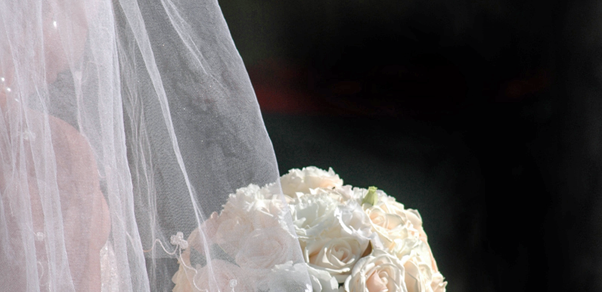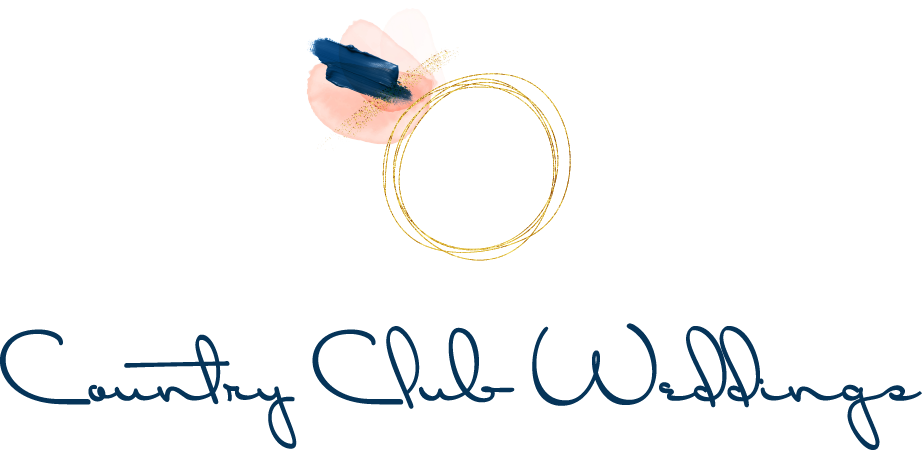Significance of Bride's Veil
15 Sep, 2014

Photo credit: Jenny Rollo
It's commonly believed to be bad luck for the groom to see his bride in her dress before the wedding ceremony, and part of this tradition includes the use of a veil to conceal the bride's face.
Yet where did this tradition begin?
In the old days of arranged marriages, the groom rarely saw the bride before the wedding day, if at all. The veil has been said to have been used in some cases to conceal an "ugly" bride from her groom, to stop him from running away before the ceremony. Yet these days, of course that specific significance has been lost. There's no such thing as an ugly bride and there are rarely arranged marriages where the bride and groom haven't met prior to the big day.
On her wedding day, a bride's beauty usually ranges from between 'very pretty' to 'absolutely gorgeous.'
Veiling the bride now is a symbolic way of tantalizing the groom by concealing the bride's beauty until he becomes her husband and she is revealed to him as his wife.
When something is prohibited or difficult to obtain, we know it often seems more attractive and thrilling. A short skirt can often be more alluring than a swimsuit, as covering a percentage of the skin can set imaginations running. Intention and context are powerful aphrodisiacs, which is part of the simple psychology of why acts like the dance of the seven veils are so seductive and beautiful.
Another veil legend that is worth mentioning is one where the wedding veil was said to have been used as a cover, to protect and conceal the bride from demons before her wedding day. Family and friends know the woman for who she is, but the veil was thought to fool goblins and demons. Apparently the superstition was so strong that families even supplied bridesmaids as decoys. These maids would not wear veils, but they would be dressed attractively and were prepared to sacrifice their souls if required. It might be superstitious nonsense, but the tradition continues to this day. (And since there are no records of brides being spirited away by demons, it might not be nonsense after all!)
Category:






